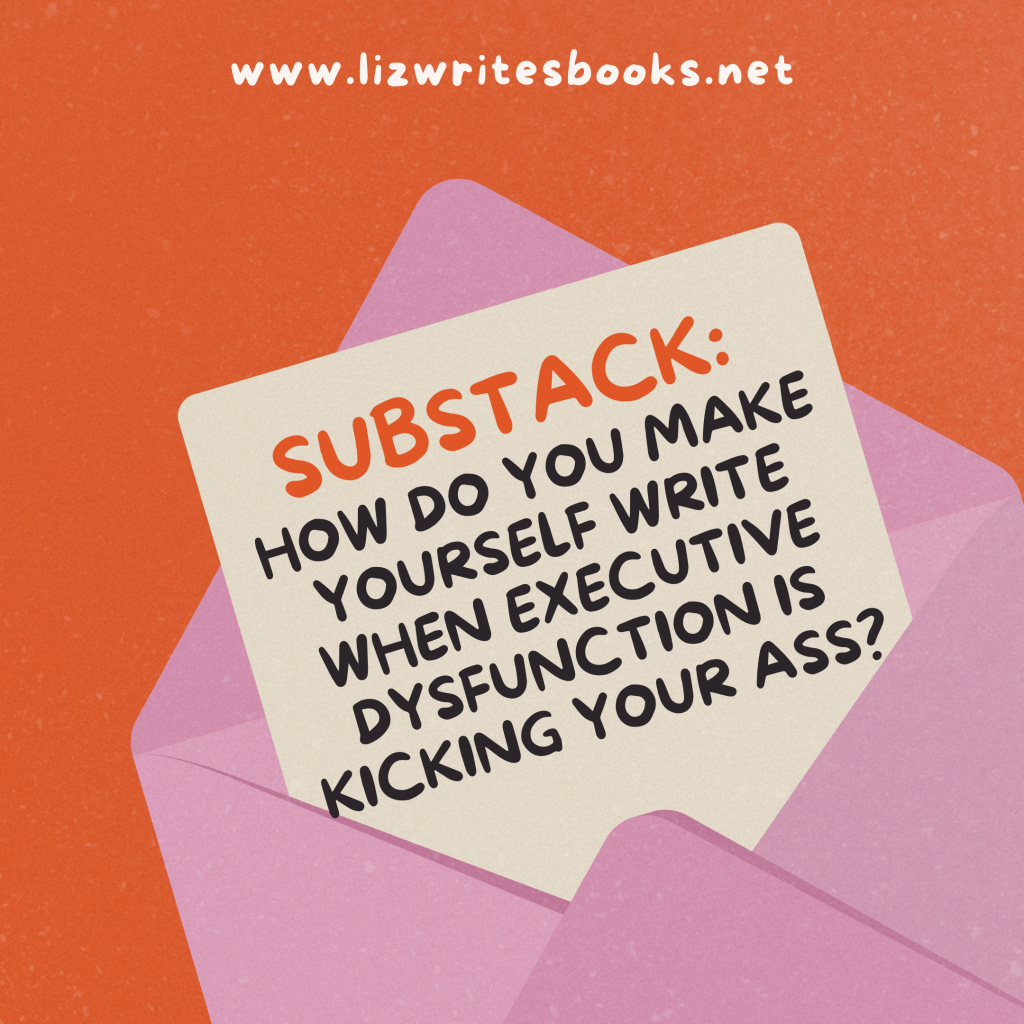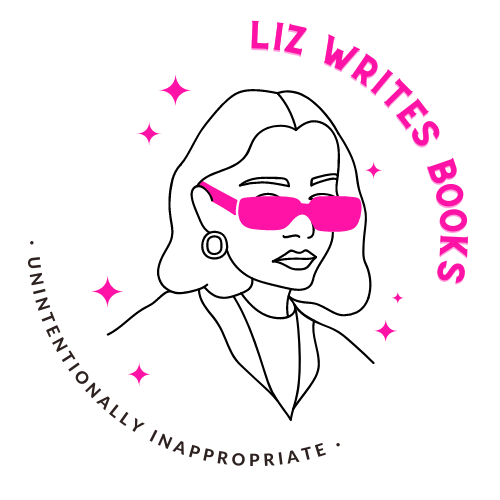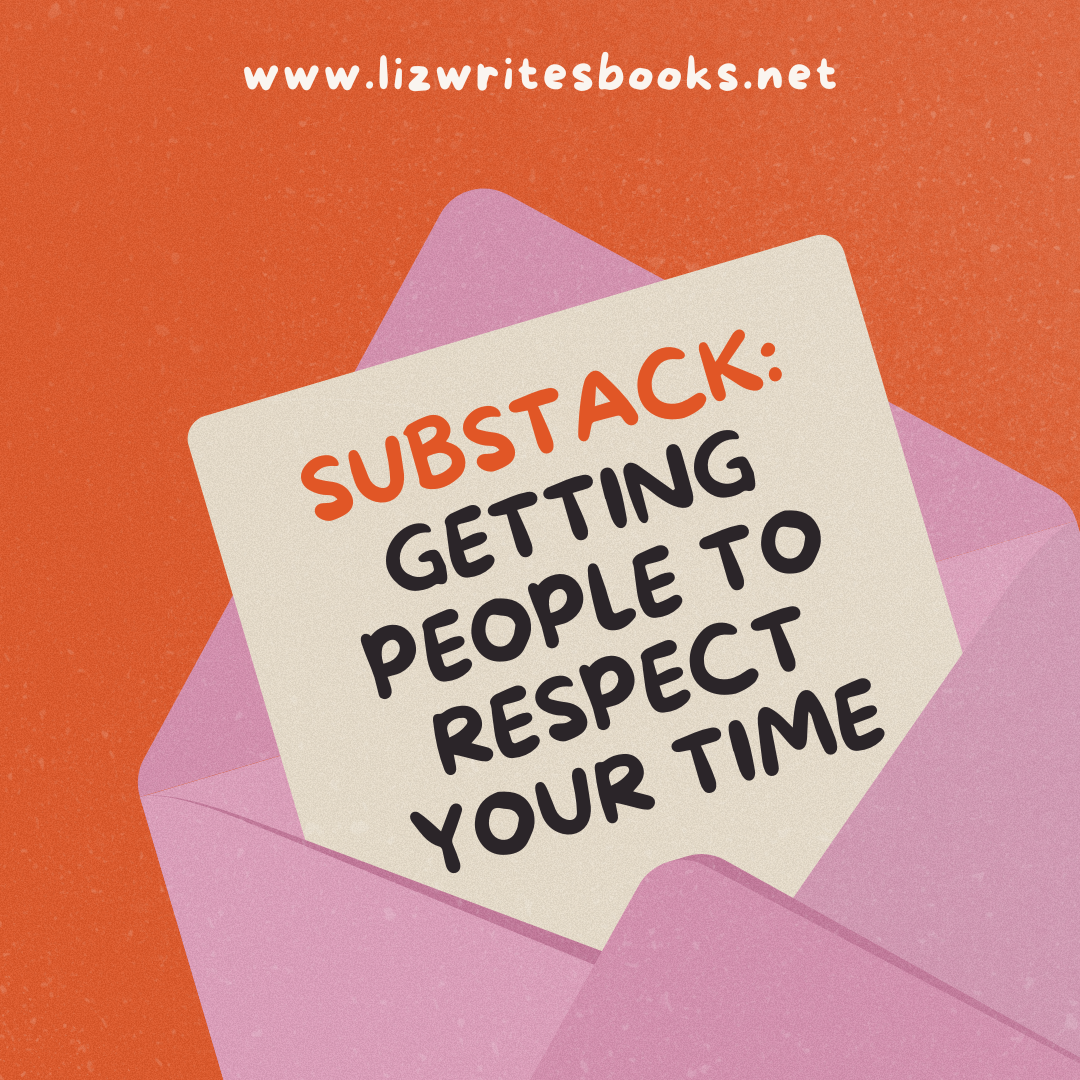Anonymous
Why did you stop writing fanfiction? HOw did you transition out of writing fanfic into writing your own realfic?
It’s been a long time since I’ve been in fanfic world, so forgive me if my memory isn’t that great, but I think I stopped writing fanfic, at least in part, because I got caught up in the drama. The flame wars and secret groups and all that stuff. It sucked away a lot of my writing time, and the further I fell down the drama hole, the less I enjoyed the writing. I was far too critical of the fandom, and the fandom far to critical of me (fair), for it to be enjoyable.
TL;DR – I filled the sandbox with so much crap, I couldn’t play in it anymore.
That’s one of my big writing regrets, really. That I got so bogged down with the drama and forgot about the writing. I wish I had spent more of that time writing and giving people stories than bitching and giving people ulcers.
But I’m also glad I learned that lesson early on in fanfic world, not as an adult in real world. And now, whenever I’m tempted to get caught up in the drama and ignore the writing, I remember how it sucked the joy out of something I loved, and how it destroyed potential friendships before they’d even begun, and I make correction.
The second part, about transitioning out of writing fanfic and into writing original stuff, is a bit more complicated. Because it wasn’t like I decided, “OK, no more fanfic! I’m going to write original stuff now!”
I mean, I did decide that. A few times, actually. But it never worked.
Truth is, it took several years for me to learn how to finish my own book.
And it took several more before those books were anywhere near as good as the fanfiction stories were.
And several more before I got to the point where writing my stuff felt easier and more rewarding than writing fanfiction.
How did I get there?
I have no clue.
It was a gradual process, one I barely noticed was even happening.
But here are my best guesses as what might have contributed:
Read more, read different. Diversify your TBR pile. Read books and genres and authors you aren’t sure are for you (or better yet, are sure AREN’T for you). Teach your brain that there are things other than fanfic out there, and that not all of your writing has to look like fanfic.
Write every day. Not all day, every day. But, you know, ten minutes. Make it a habit that you spend some time with your characters and your stories before you mess around with someone else’s.
And it’s totally OK to keep messing around with someone else’s, if you want! You don’t have to give up fan fiction! But make sure you fit your stuff in first.
Give yourself permission to practice. I was going to say “Give yourself permission to suck,” but that’s not a very positive (or accurate) way of putting it. I mean, OK, suck is part of it. But practicing is how you get past suck. Practicing is how you get used to the fact that sometimes your writing sucks. And practicing is how you build up a tolerance to the fear and panic that might otherwise keep you from writing because your writing sucks. When writing, even ten minutes a day, scares the utter crap out of you, just tell yourself: “I’m only practicing,” and do it anyway.
Make peace with your process. There is no one right way to write a book. My experience has been that even after you’ve written a book, the next book may come out completely different. (So might the one after that.) So instead of melting down in a panic when the words aren’t flowing and you don’t know what’s going to come next, stop, take a breath, and ask yourself what it is you really need to get this book written.
A lot of times the thing I need is permission. I need permission to write the book I want to write. Or permission to write it the way I think it needs to be written. Or permission to do it badly. It doesn’t seem to matter whose permission I get to do any and/or all of these things, so long as I get it. For me, having permission to do whatever the hell I want, without repercussion or judgment, is like a warm, cozy, slightly neurotic and totally irrational security blanket. Without it, well, I’m pretty useless, honestly.
Anyway, those are the things that helped me transition from writing in other people’s worlds to writing in my own. Like I said, it was a gradual process that evolved over the span of years, and even now, over a decade later, I still have moments where I lament how easy it was then compared to how hard it is now.
Hope that helps!
Happy writing!


